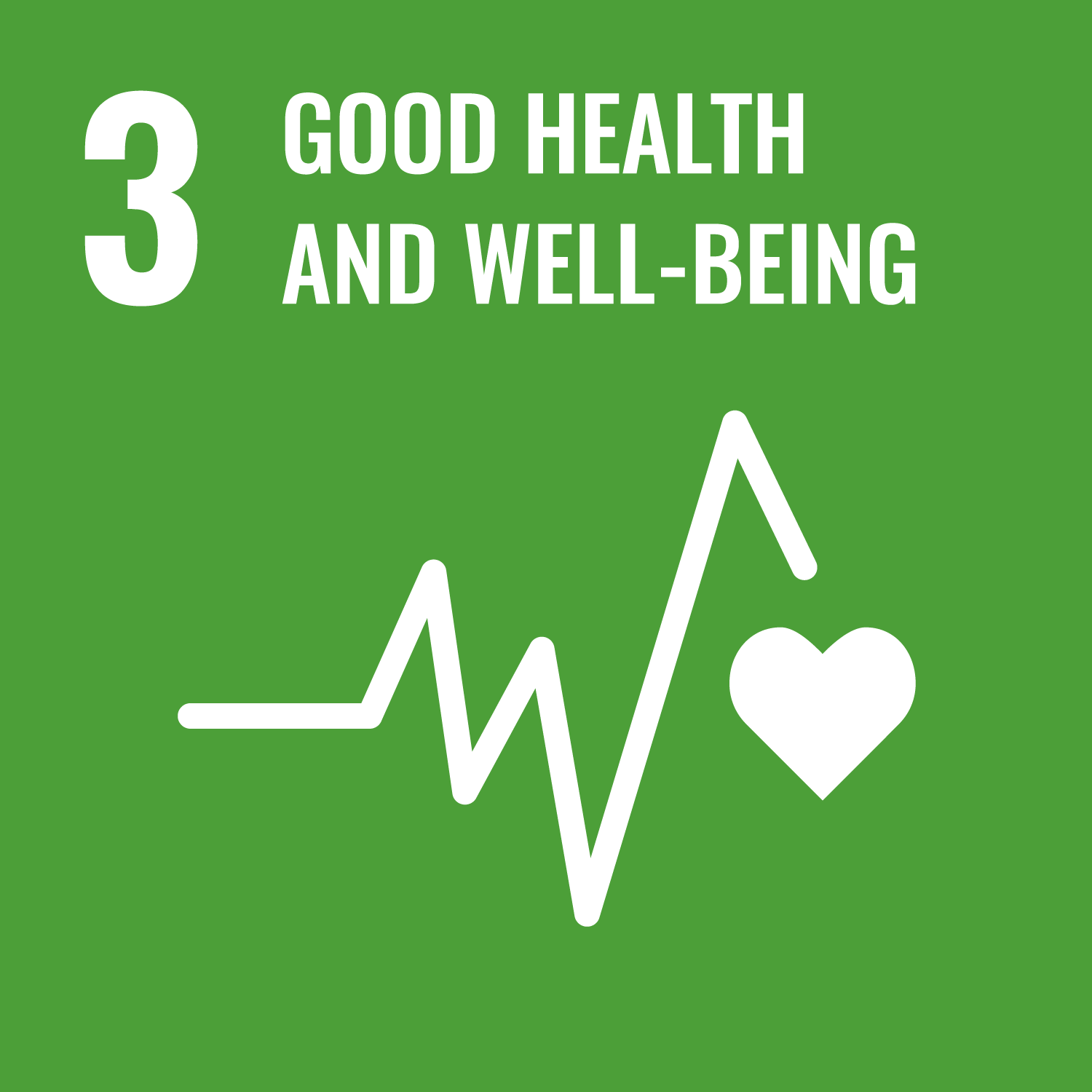Strong Beginnings Pay for Success Project
Aligned SDGs

- Strong Beginnings Pay for Success Project
- General overview
- Location
- Involved organisations
- Outcome metrics
- Spreadsheet of data
- Strong Beginnings Pay for Success Project
- General overview
- Location
- Involved organisations
- Outcome metrics
- Spreadsheet of data
General overview
Stage of development: Implementation
Policy sector: Child and family welfare
Start date of service provision: Jan 2016
Capital raised (minimum): USD 8.50m
Service users: 1k+ individuals
Intervention
The intervention focuses on improving health and early childhood development outcomes for high-risk African-American and Latina mothers and their babies through home-visitation, social support, referrals to resources, community programs and better coordination of care throughout pregnancy until the child's second birthday. More specifically, the intervention requires nurses to visit new mothers from early in their pregnancies until two years after their child's birth to provide prenatal care, breastfeeding support, parenting and life skills-building, and healthcare or emotional support. The intervention aims to reduce rates of infant mortality and low birth-weight.
Target population
Medicaid-eligible, high-risk pregnant women and their families.
Location
Country
- United States
Service delivery locations
- Grand Rapids, Kent County, Michigan, USA
Involved organisations
Outcome metrics
- Reduction in pre-term births. Reduction in number of pre-term births by 12% relative to control group.
- Reduction in "rapid repeat" pregnancies. Reduction in number of new pregnancies occurring within 12-24 months of a recent birth by 7% relative to control group.
Spreadsheet of data
Important Notice and Disclaimer on INDIGO Data
INDIGO data are shared for research and policy analysis purposes. INDIGO data can be used to support a range of insights, for example, to understand the social outcomes that projects aim to improve, the network of organisations across projects, trends, scales, timelines and summary information. The collaborative system by which we collect, process, and share data is designed to advance data-sharing norms, harmonise data definitions and improve data use. These data are NOT shared for auditing, investment, or legal purposes. Please independently verify any data that you might use in decision making. We provide no guarantees or assurances as to the quality of these data. Data may be inaccurate, incomplete, inconsistent, and/or not current for various reasons: INDIGO is a collaborative and iterative initiative that mostly relies on projects all over the world volunteering to share their data. We have a system for processing information and try to attribute data to named sources, but we do not audit, cross-check, or verify all information provided to us. It takes time and resources to share data, which may not have been included in a project’s budget. Many of the projects are ongoing and timely updates may not be available. Different people may have different interpretations of data items and definitions. Even when data are high quality, interpretation or generalisation to different contexts may not be possible and/or requires additional information and/or expertise. Help us improve our data quality: email us at indigo@bsg.ox.ac.uk if you have data on new projects, changes or performance updates on current projects, clarifications or corrections on our data, and/or confidentiality or sensitivity notices. Please also give input via the INDIGO Data Definitions Improvement Tool and INDIGO Feedback Questionnaire.